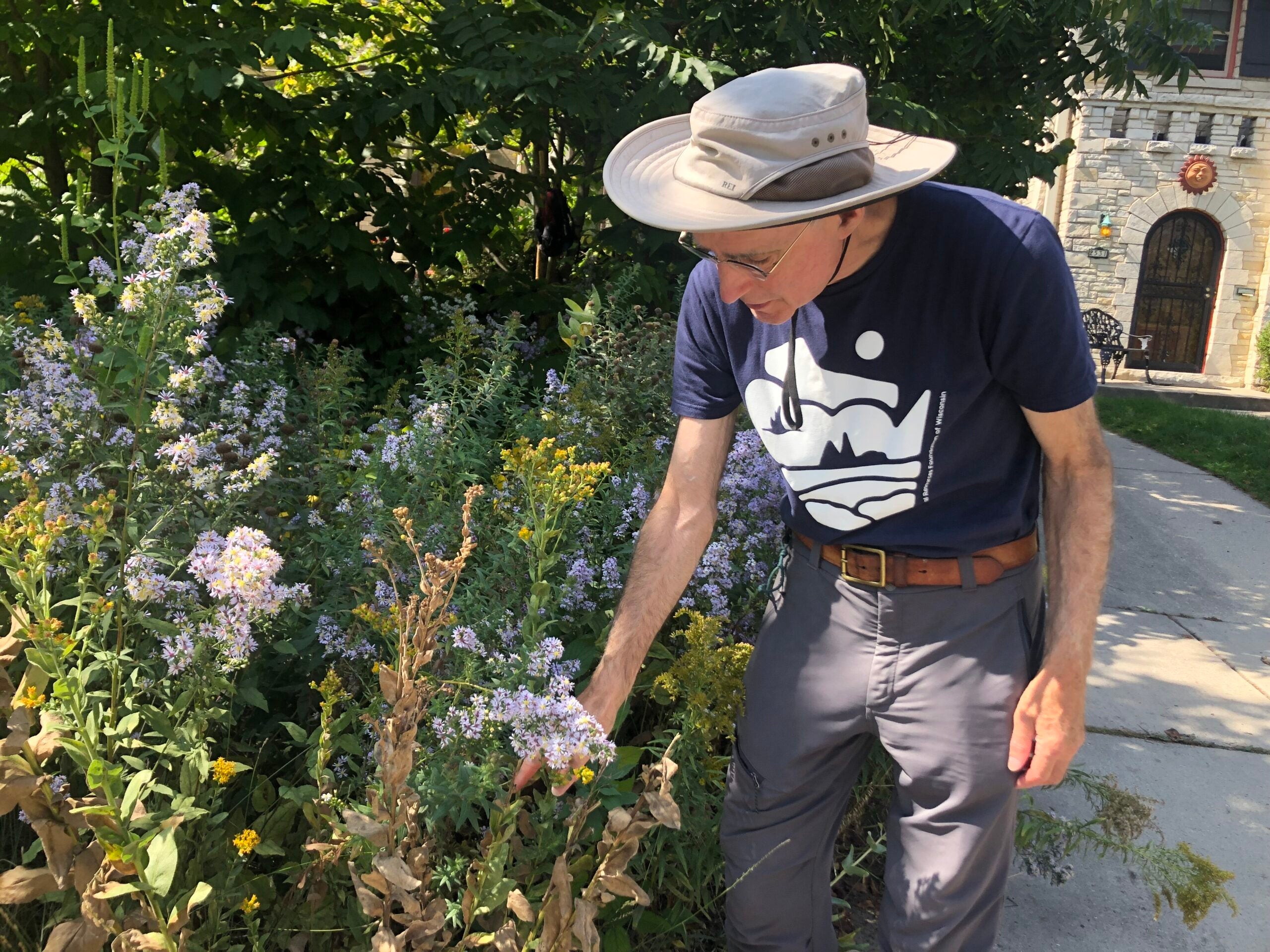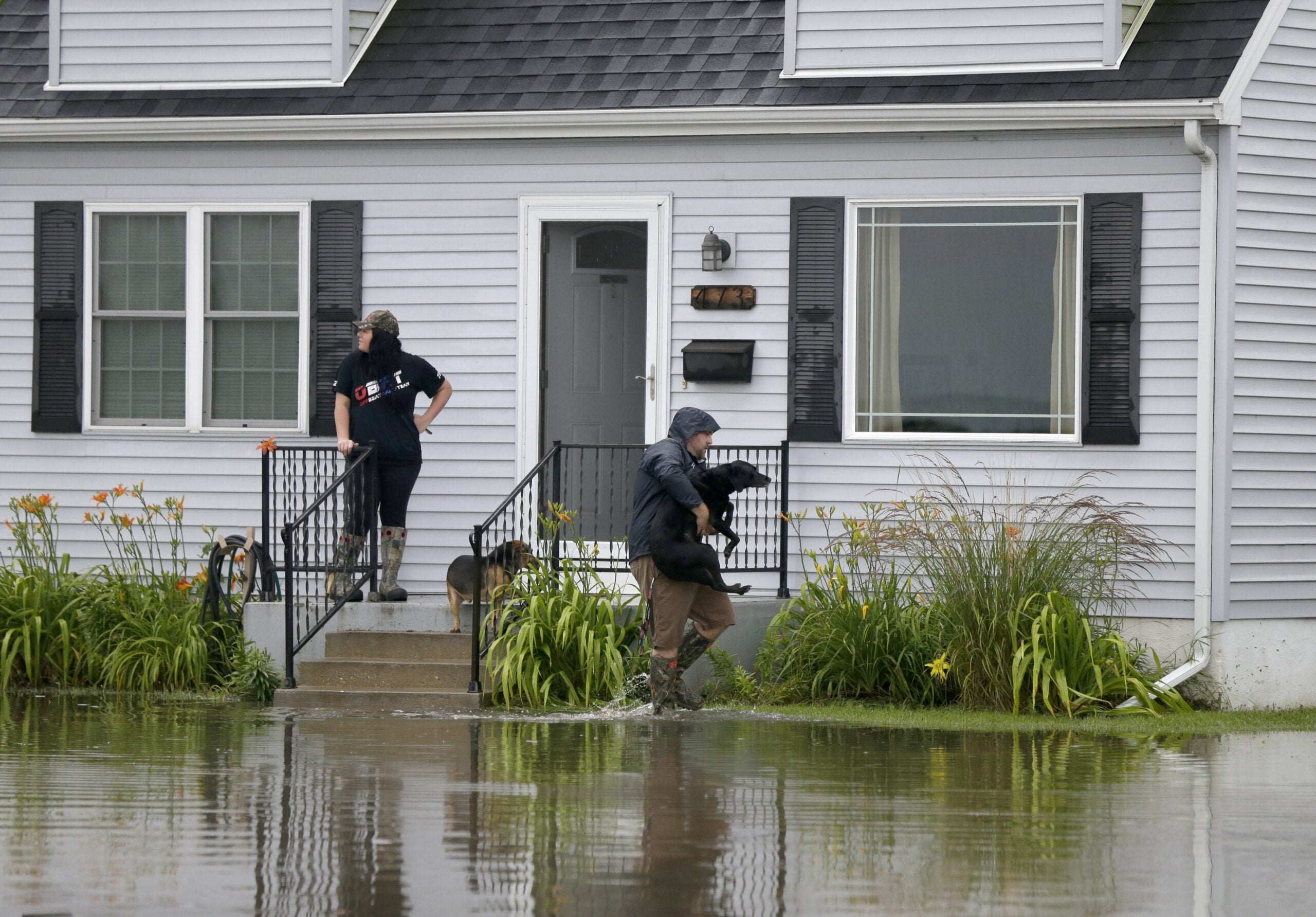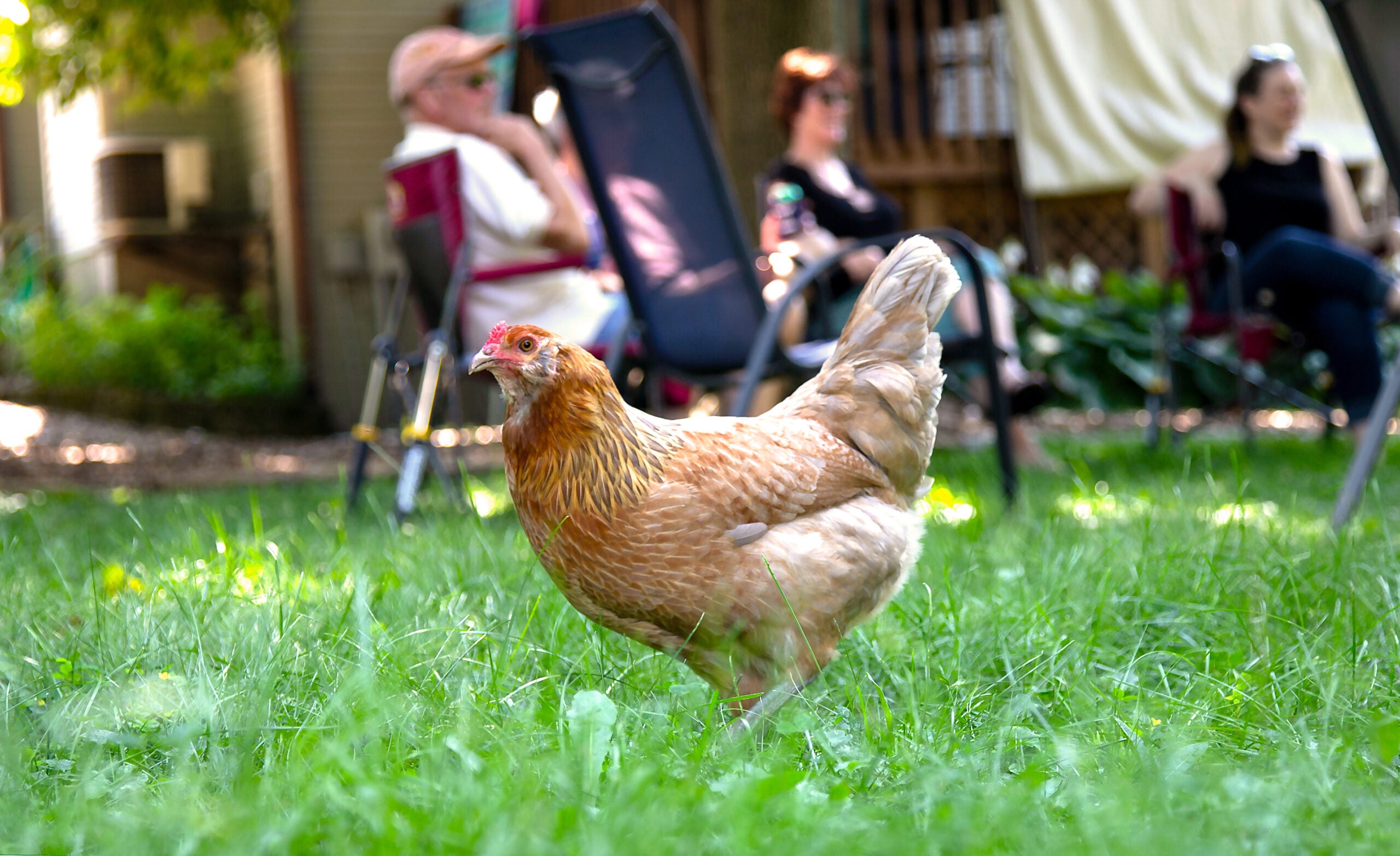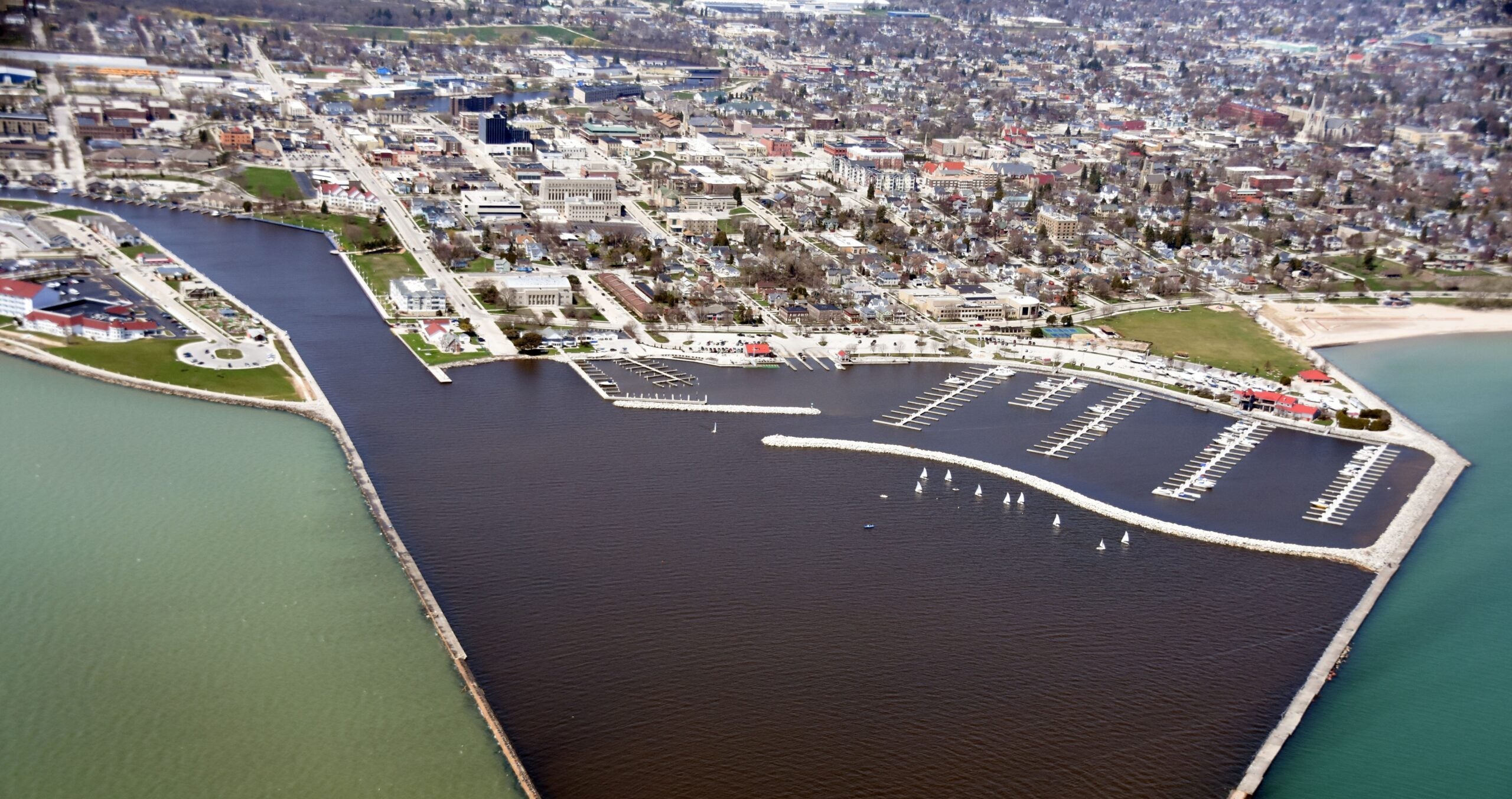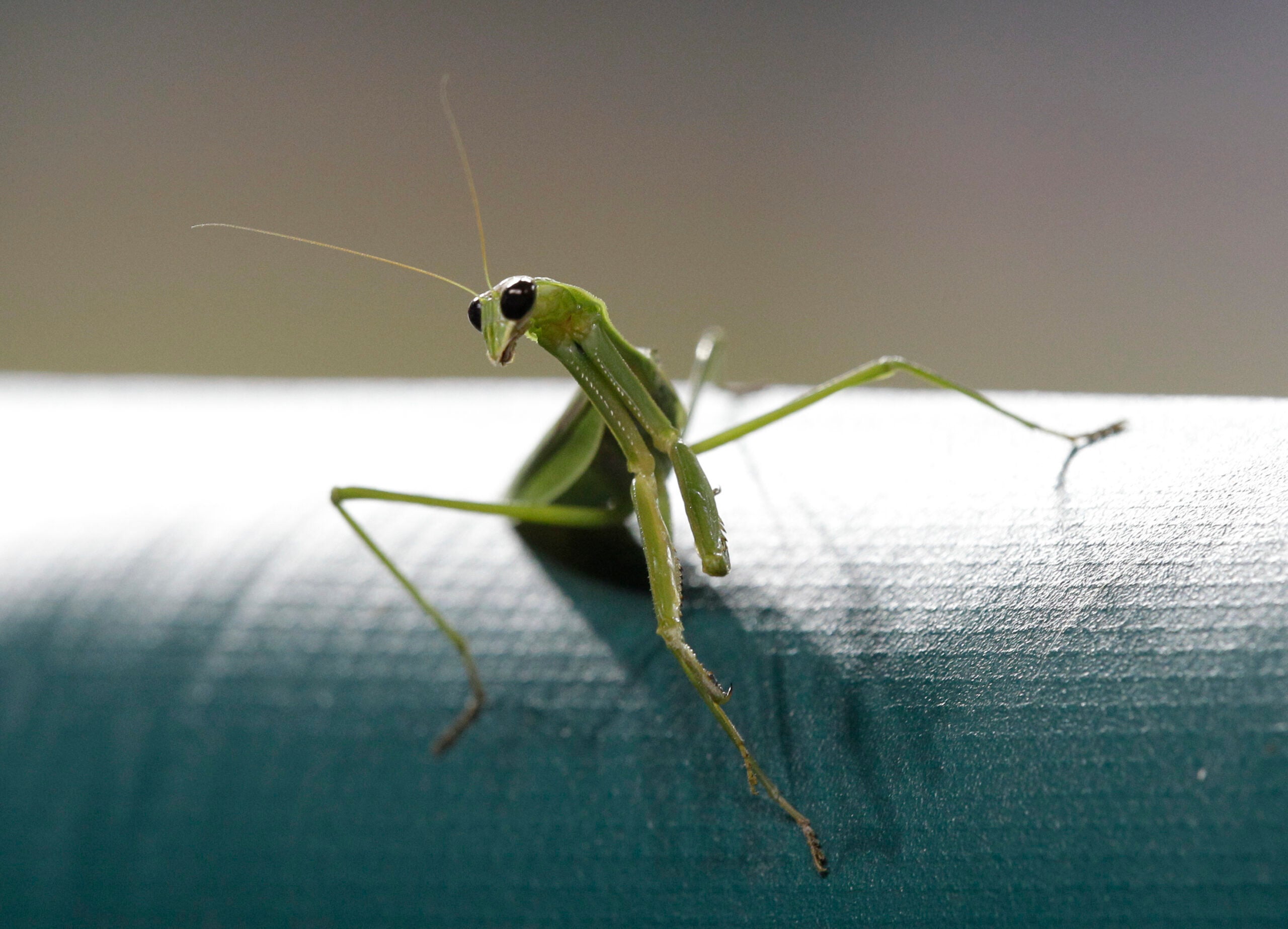He is a scientist, a violinist and the self-proclaimed heaviest patron of the local library. But for the last several months, Ed Sternberg has been focused on defending his other hobby: gardening.
The city of Wauwatosa is threatening to mow down his native garden after complaints about his yard.
“I simply want to be a good gardener and a good neighbor,” Sternberg said.
Stay informed on the latest news
Sign up for WPR’s email newsletter.
Until 2014, Sternberg’s front yard looked similar to every other one on his quiet residential street.
“I did my best to just preserve a standard lawn, just the same thing everybody always does out of lack of imagination and fear of their neighbors and the city,” Sternberg said.
Now, his house on Lefeber Avenue sticks out. His front lawn was replaced with more than 170 species of plants including paw paw, pecan and persimmon trees creating a canopy that shade his yard.
“We’re simply trying to work with nature rather than against it,” Sternberg said.
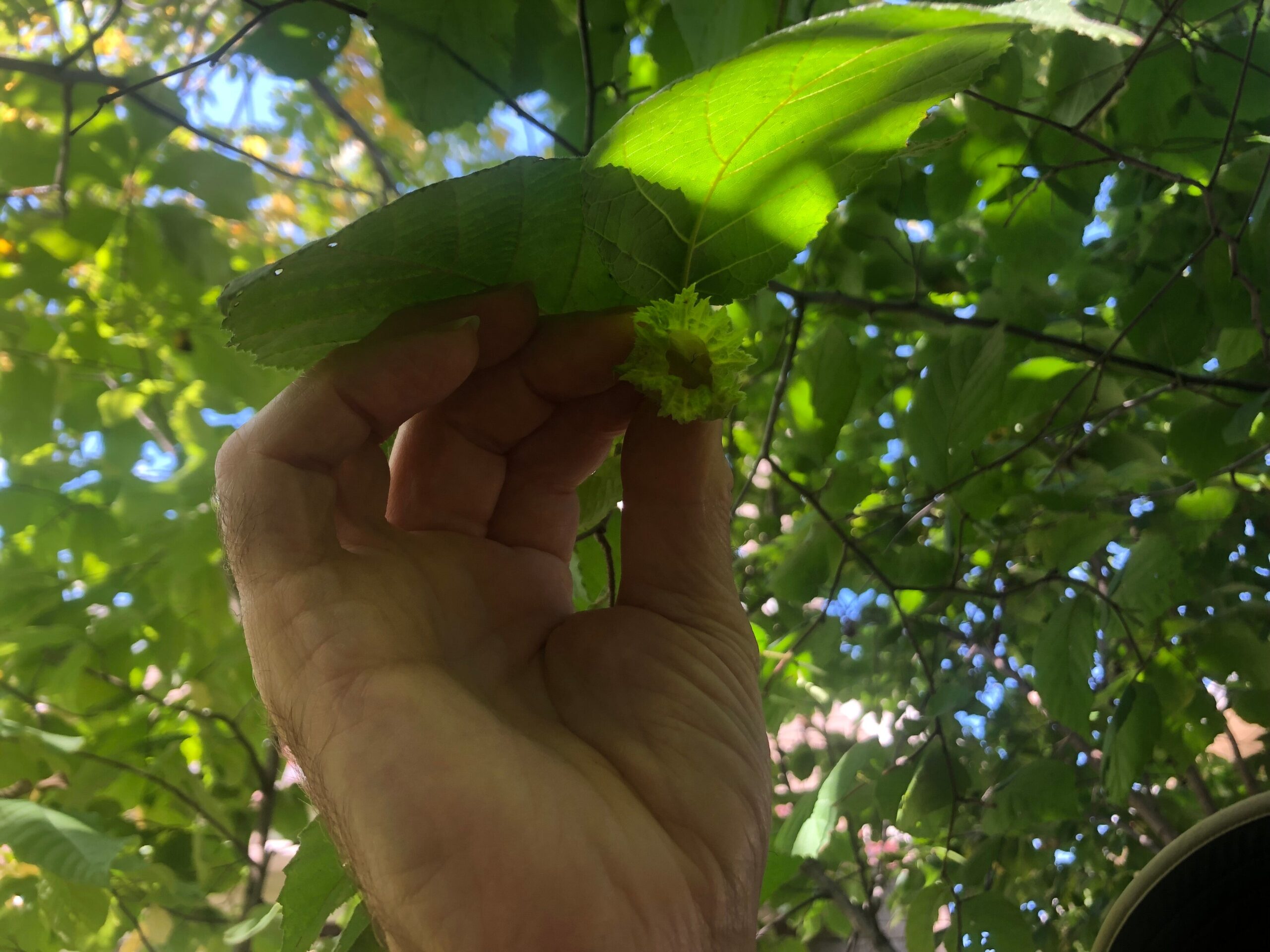
Complaints from residents and the city
Sternberg is following a national trend. The number of people planning to transform a portion of their lawn into a wildflower native landscape has more than doubled from 9 percent in 2019 to 19 percent in 2021, according to the 2022 National Gardening Survey.
But the move toward native planting sometimes runs afoul of neighborhood norms.
Since 2015, three complaints from three different neighbors have been filed against Sternberg’s garden, most recently in June of this year. All the violations have to do with the presentation and plantings in Sternberg’s front yard.
In the most recent complaint, one neighbor said the grass is over 6 inches and the yard is overgrown.
“You can barely see the house from the street and people cannot walk on the sidewalk passing the house without getting scratched by the branches,” the neighbor wrote.
The code violation notice issued to Sternberg in June in response to this complaint said he had four business days to rid his yard of the grass and weeds taller than 6 inches or the city’s contractor would cut the lawn at Sterberg’s expense, per Wauwatosa municipal code. He received the same violation two years earlier. That time, nothing came of it.
In a statement to Wisconsin Public Radio, the City of Wauwatosa Building & Safety Division said it supports natural gardens, but said Sternberg must submit a landscaping plan and apply for an encroachment permit for the species planted in the space between the street and the sidewalk.
Sternberg said he hasn’t submitted a landscaping plan or applied for an encroachment permit yet.
“I’m profoundly concerned. And I would dearly like to see the city straighten out its act, both (in) respect (to) natural gardens and other issues,” Sternberg said.
The Board of Public Works will discuss Sternberg’s yard in November.
“If Mr. Sternberg provides a landscaping plan and encroachment permit and if the Board approves it, the citation would be closed/resolved. There wouldn’t be any citation fees,” the Building & Safety Division said in its email.
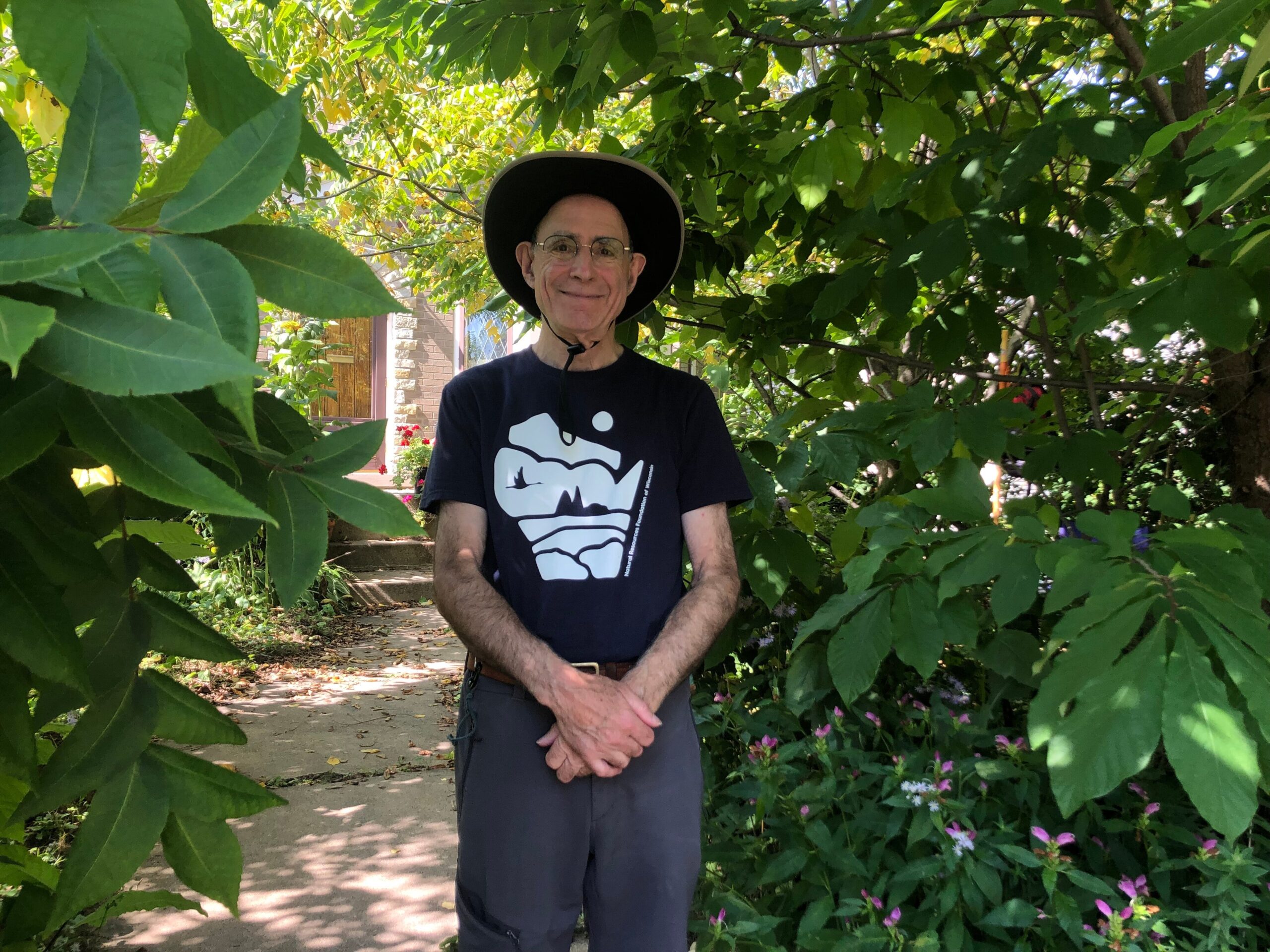
Natural gardens in municipal codes
The Wauwatosa municipal code allows for natural gardens. In a letter to the city, Sternberg’s lawyer argued his front yard should be treated as such.
Michaela Rosenthal is part of the Land Stewardship team at the Urban Ecology Center, which restores native plant communities in southeast Wisconsin. Rosenthal has taught a native landscape design class for the past seven years. She sees people whose creativity and excitement can be confined because of city or town ordinances.
“It can be a bit depressing to know that there’s something out there that can help sustain wildlife and encourage environmental curiosity, but it’s being curbed due to an aesthetic — one that may or may not be your own,” Rosenthal said.
Some neighbors, a city alder and leaders of several environmental groups have all written letters in support of Sternberg and his garden.
“What I found was astonishing. I would’ve never dreamt it. I found that my neighbors liked what I was doing here,” Sternburg said.
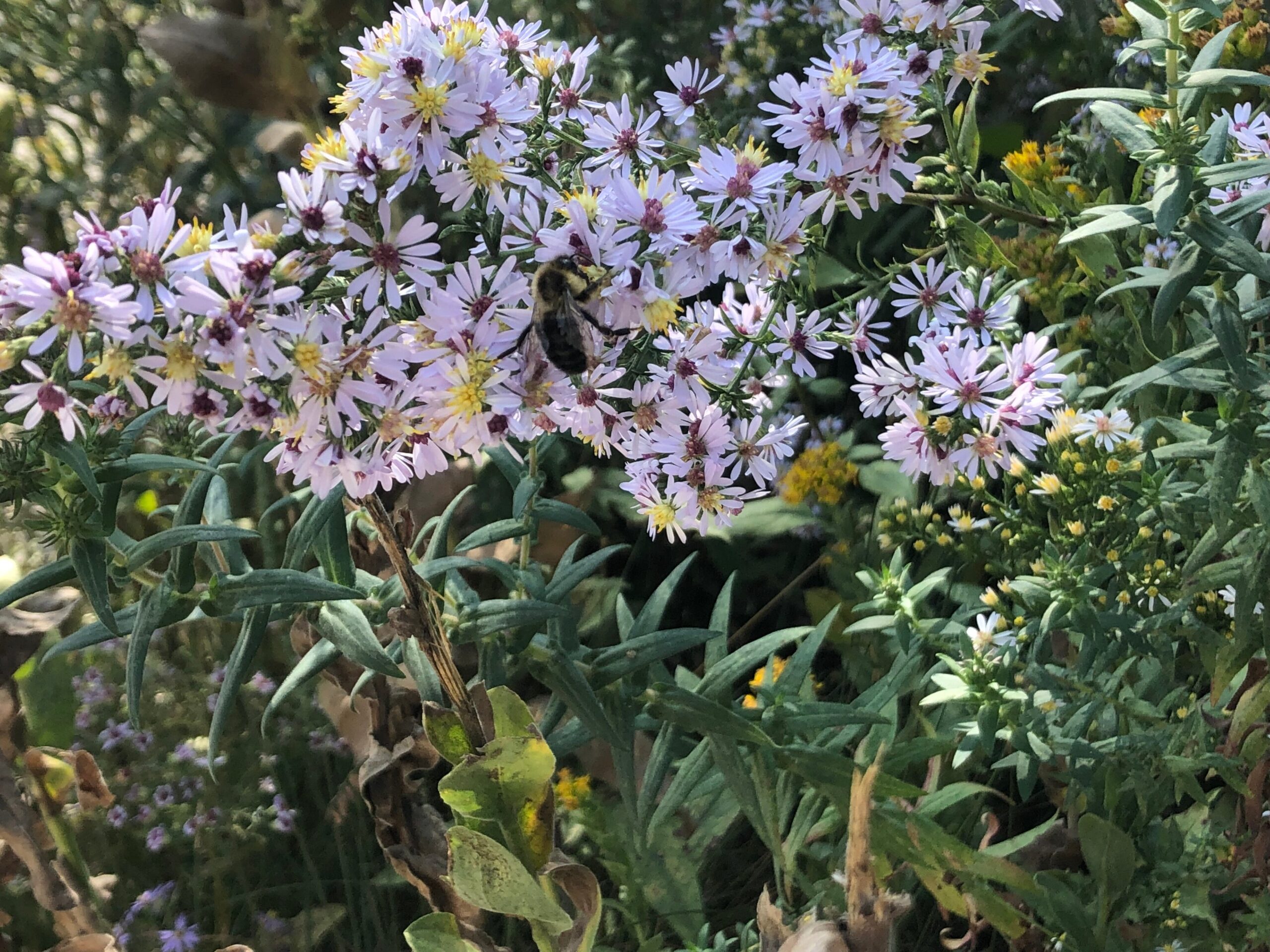
Environmental impact of natural gardens
Neil Diboll is the president of Prairie Nursery, a national retailer of native plants and seeds, in Westfield. He said communities in Wisconsin have expanded ordinances to allow for natural landscapes.
Natural gardens are typically filled with plants that are native to the climate and geographic area. Diboll said they provide habitat for pollinators, are free of chemicals and are drought resistant.
“We defy nature at our own risk, and we are defying nature with lawns,” Diboll said. “They suck water — they are an ecological burden on the planet, and it’s the last thing we need right now.”
Rosenthal compared mowed turfgrass to a bowl of plastic fruit, saying it looks nice but doesn’t add value.
But Diboll said there is an unspoken socioeconomic contract among people in the suburbs that a manicured lawn is a requirement.
“They believe that everybody should have a lawn and they should conform to their reality,” Diboll said. “But that’s not American. That’s not freedom. That’s not the way it should be.”
Wisconsin Public Radio, © Copyright 2025, Board of Regents of the University of Wisconsin System and Wisconsin Educational Communications Board.
